UK National Disability History Month
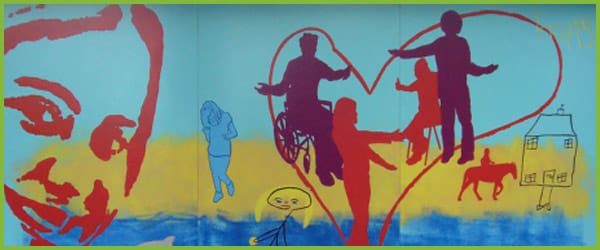

December is fast approaching and it can be easy to get distracted by all things Christmas. So I thought I’d draw your attention to another important date that might get overshadowed – National Disability History Month.
National Disability History Month is an annual event that aims to celebrate the lives and achievements of disabled people and increase awareness about the difficulties they have faced to gain basic human rights and be recognised as equal citizens. It’s a really great time to think about putting disability in the spotlight in the classroom. It’s important that children are encouraged to think about others and identify and respect the differences and similarities between people.
A good starting point is to talk about disabilities in general and what the word ‘different’ can mean. Scope offer a brilliant Key Stage 1 lesson plan to introduce the topic. Another good website to use is The World of Inclusion, which has lots of Early Years and Key Stage 1 resources related to teaching about disabilities. Here at ELHQ one of our designers is busy creating some ‘my body’ themed resources which might also be of use – we’ll try and get them on the site in the next week or so.
Further teaching resources are also available from the official UK Disability History Month website where you will also find a list of the various Disability History Month events taking place up and down the country throughout December.
Comments
Leave a Reply
Popular Teaching Resources
Stay Up To Date
Sign up for our newsletter and we’ll let you know when we create new early years resources.
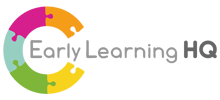
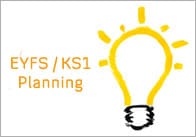
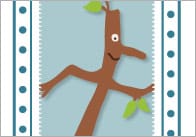

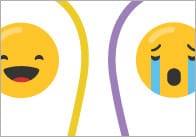
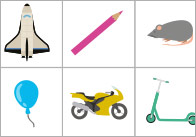
How can you write:
National Disability History Month is an annual event that aims to celebrate the lives and achievements of disabled people and increase awareness about the difficulties they have faced to gain basic human rights and be recognised as equal citizens.
Then state:
A good starting point is to talk about disabilities in general and what the word ‘different’ can mean
The whole point of developing DHM is to challenge the ways in which ‘disability’ has been historically understood, especially the oppressive social construction of ‘disability as impairment/functional loss’. By talking about “disabilities” (sic) in this manner you are actively rubbishing a major aspect of disabled people’s recent history. The key to understanding disability history is to explore how people with impairments have faced social restrictions (disability) in different economic and social settings. It is a journey from being cursed by the gods to becoming disabled by the current formations of societies. In other words disability isn’t located in individual bodies; it is the negative outcome of specific social relations – e.g. how society disables people with impairments.
Hi Bob,
Thank you for your comment. I think that you make a very good point and I am very sorry if we have caused any offence, we were just trying to draw attention to National Disability History Month and help teachers and parents to find relevant resources.
Many thanks,
Abby